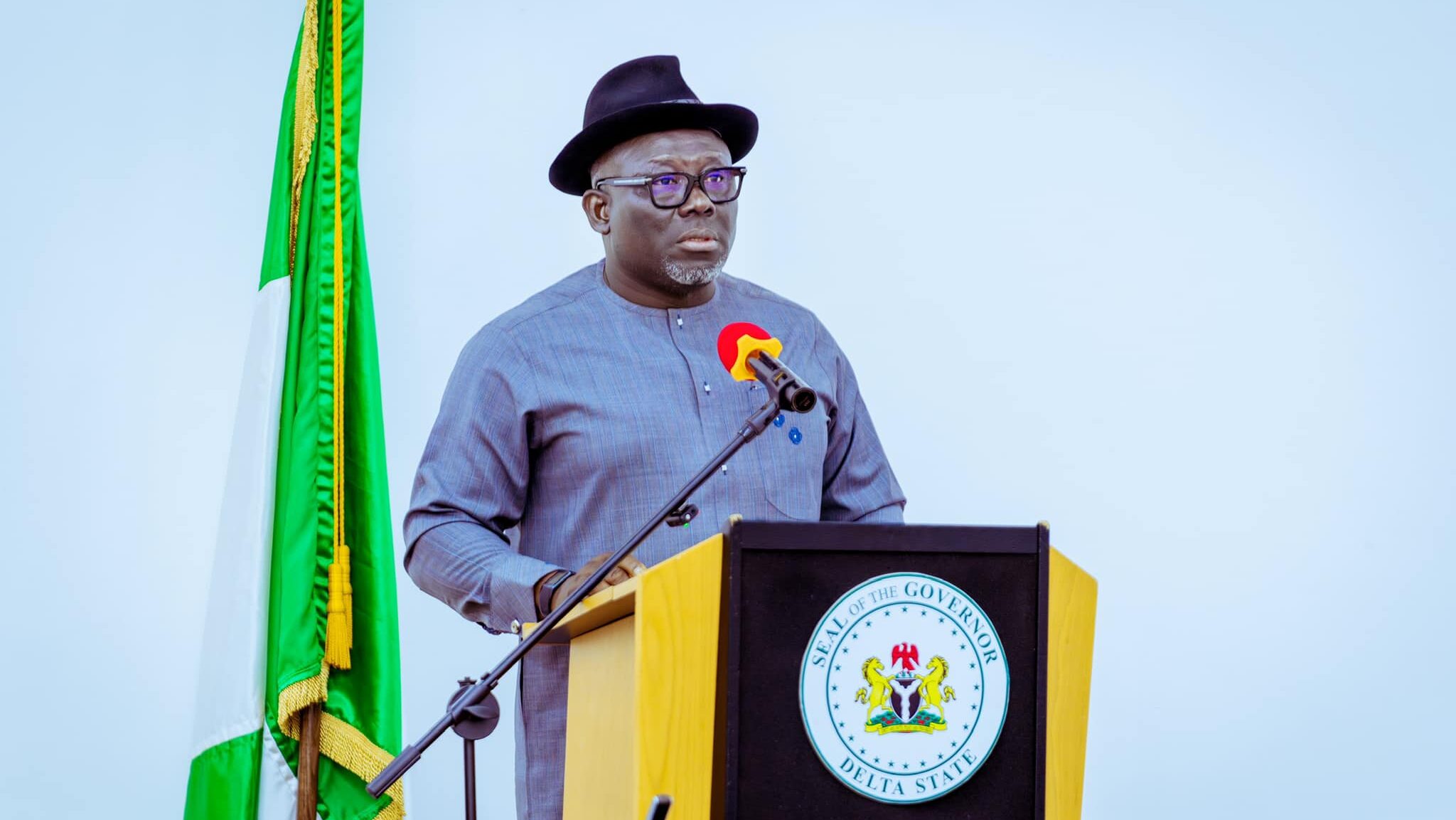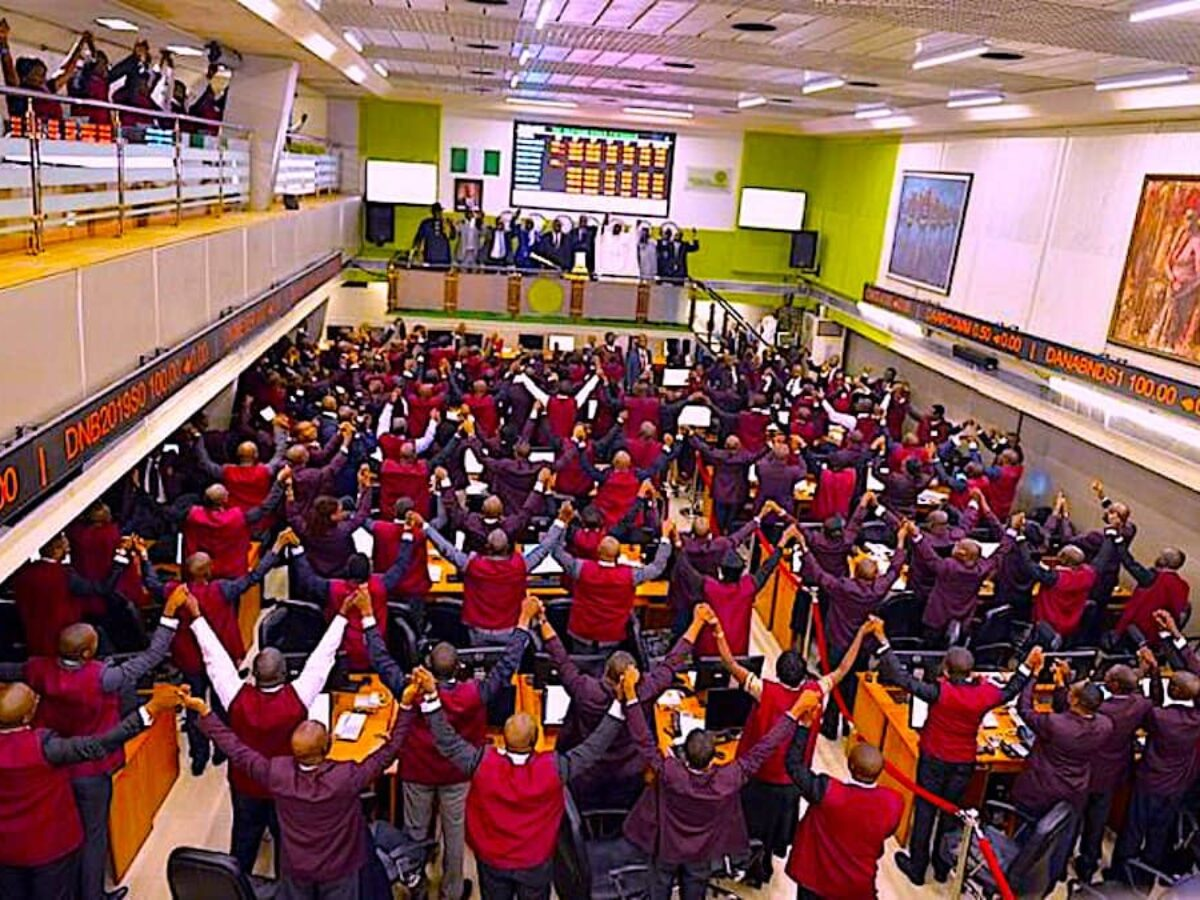Three individuals, including the Attorney General, Dr Dominic Ayine, have strongly rebuffed a joint statement from the Bar Council of England and Wales (BCEW) and the Commonwealth Lawyers Association (CLA) criticising the suspension of Chief Justice Gertrude Torkornoo.
Deputy Education Minister, Dr Clement Apaak, described the demand to reinstate Justice Torkornoo as, “nonsensical and a colonialist-induced insults”, warning that Ghanaians will not countenance external interference in their sovereign affairs.
Professor Stephen Kwaku Asare, also known as Kwaku Azar, took a strong swipe at the CLA, insisting that the intervention was ill-timed, dismissive of Ghana’s sovereignty, and risked undermining the very judicial independence they claimed to be defending.
BCEW and CLA waded into the suspension of the Chief Justice of Ghana, Justice Gertrude Torkornoo, saying it was a “serious concern” and therefore asking that she should be reinstated.
In a joint statement dated Thursday, August 14, 2025, the two bodies stated that the April 22, 2025, suspension, which Justice Torkornoo is challenging at the ECOWAS Court after having pursued earlier domestic legal actions, raises significant questions about judicial independence and constitutional safeguards.
They argued that any executive action perceived as undermining the judiciary is “a matter of serious concern.”
But the Attorney General, in response, stated that the suspension is fully compliant with the Constitution of Ghana and will not be lifted until a judicial inquiry is completed.
In a comprehensive response issued on Friday, August 15, Dr Ayine, accused the foreign legal bodies of making a statement without acquainting themselves with the relevant constitutional provisions and factual details of the matter.
He emphasised that the government’s actions were neither a constitutional breach nor an executive overreach.
The Attorney General outlined the process followed, as mandated by Article 146 of Ghana’s 1992 Constitution.
The procedure, which is designed to protect judicial independence, was triggered by three separate petitions from Ghanaian citizens alleging “stated misbehaviour and incompetence” on the part of the Chief Justice.
After receiving the petitions, the President sought advice from the Council of State, a body of eminent persons.
The Council of State reviewed the petitions and the Chief Justice’s response and concluded that a prima facie case had been established. Subsequently, an independent inquiry committee was constituted, chaired by a Supreme Court Justice.
Dr. Ayine highlighted that the Chief Justice and her associates have already sought to halt the proceedings through legal action, but their applications for injunctions and judicial review have been dismissed by both the Supreme Court and the High Court as “lacking in merit.”
The Attorney General also revealed that the Chief Justice has taken her case to the ECOWAS Court, which the Government of Ghana is currently defending.
He noted the irony that the joint statement from the BCEW and CLA echoed arguments that Ghana’s courts have already rejected, and affirmed that the suspension will remain in effect until the inquiry committee completes its work and submits its report.
He emphasised that, pursuant to Article 146, the President is bound by the committee’s findings and cannot act unilaterally.
In a statement released on Friday, August 15, 2025, Prof. Asare said the intervention by the two bodies was ill-timed, dismissive of Ghana’s sovereignty, and risked undermining the very judicial independence they claimed to be defending.
He began by expressing disappointment at the timing of their comments, stressing that Ghana was still in mourning after the tragic August 6 helicopter crash, which killed senior public officials.
“First, we are presently in mourning following the tragic loss of distinguished public servants. We would have expected our partners in the Commonwealth to extend sympathy and respect for this period of national grief before commenting on ongoing constitutional processes,” he said.
While recognising Ghana’s ties with the Commonwealth, the law professor was emphatic that the country was fully capable of handling its constitutional affairs.
“Second, while we value our membership in the Commonwealth and the principles enshrined in the Commonwealth Charter and Latimer House Principles, we must reiterate that we are no longer a colony and are fully capable of safeguarding judicial independence, upholding due process, and resolving constitutional matters in accordance with our own laws and institutions,” he stressed.
Citing the Constitution, Prof. Asare explained that the removal or suspension of Justices of the Superior Courts is governed by Article 146 — a process designed and adopted by Ghanaians themselves.
“Third, Article 146 of our Constitution provides the legal framework for the removal or suspension of Justices of the Superior Courts. This process, developed, adopted, and applied by the sovereign will of the Ghanaian people, contains the necessary safeguards to ensure fairness, transparency, and impartiality. Any concerns about its application are addressed through our independent courts, including the ECOWAS Court of Justice, before which the Chief Justice herself has initiated proceedings,” he noted.
Prof. Asare also cautioned that foreign commentary risked creating the very impression of political manipulation that the BCEW and CLA claimed to fear.
“Fourth, while we welcome constructive dialogue from Commonwealth partners, we urge that such engagement be conducted in a manner that respects our constitutional independence, the separation of powers, and the integrity of our domestic legal processes. Public calls for executive intervention in ongoing constitutional procedures risk creating the very perception of political interference that the BCEW and CLA seek to avoid,” he warned.
He reaffirmed Ghana’s commitment to three key principles: “Upholding the rule of law and judicial independence; Ensuring due process for all office holders, including the Chief Justice; and Maintaining full compliance with constitutional and international obligations.”
The law professor also reminded Commonwealth partners that mutual respect must guide their engagement with Ghana.
“We also remind our friends in the Commonwealth that mutual respect is the foundation of an enduring partnership. Advice is best offered with humility and received with grace, not as a lecture to a sovereign equal,” he said.
To underline his point, he invoked an Akan proverb: “As our elders remind us, sɛ wo de kokromoti kɔ ayie a, yɛde asotrɔ na ɛgya wo kwan” — meaning, “when you go to a funeral with your thumb, it is courtesy that opens your way.”
In a strongly worded post on social media, Dr. Apaak, a Deputy Minister for Education and also Member of Parliament for Builsa South, observed that the President, in whose administration he served, could not be directed by the group to take such a decision, describing the lawyers’ move as offensive to Ghana’s constitution.
He reminded the United Kingdom-based association that Ghana was a sovereign country led by a president who was only answerable to his compatriots “as mandated by our constitution”.
“Ghanaians will not tolerate such nonsensical colonialist-induced insults, disguised as demands, from you. Never! You cannot order our President to “Immediately and without delay reinstate the Chief Justice of Ghana.” Such impudence!”
He continued: “Ghana is not a lawless banana Republic. We have laws and are governed by a constitution. Our President has at all times conducted himself lawfully in the matter you have been contracted to make your business.”
Dr. Apaak, who also represents the people of Builsa South in Parliament, said he was surprised that the association was displeased with a constitutional action. He emphasised that President Mahama had no intention of violating the law.
Dr. Apaak hit out at the organisations, telling them they had been deceived into damaging their reputation with baseless demands, urging them to withdraw their “unjustified statement” and render an apology to the Ghanaian public.
On April 22, 2025, President John Dramani Mahama suspended Chief Justice Gertrude Torkornoo following three petitions alleging misconduct and incompetence. After a prima facie case was established by the Council of State, the President set up a five-member inquiry panel chaired by Supreme Court Justice Gabriel Scott Pwamang.
Justice Paul Baffoe-Bonnie was subsequently appointed Acting Chief Justice.
In response to the move, on August 14, 2025, BCEW and CLS issued the joint statement demanding her “immediate and without delay” reinstatement. The groups warned that the suspension threatened judicial independence and risked undermining Ghana’s adherence to the rule of law.
They accused Ghana of breaching the Latimer House Principles, criticised restrictions placed on the Chief Justice’s legal team, and questioned the treatment of witnesses during the proceedings.
Justice Torkornoo has challenged the suspension at the ECOWAS Court, describing the process as “arbitrary,” “cruel,” and unconstitutional. She is demanding a whopping US$10 million in compensation from the Ghanaian government, insisting at a press conference that she will not resign.
The post Attorney-General, Apaak, Kwaku Azar rebuke “Colonialist Insults” from UK Lawyers appeared first on The Herald ghana.


